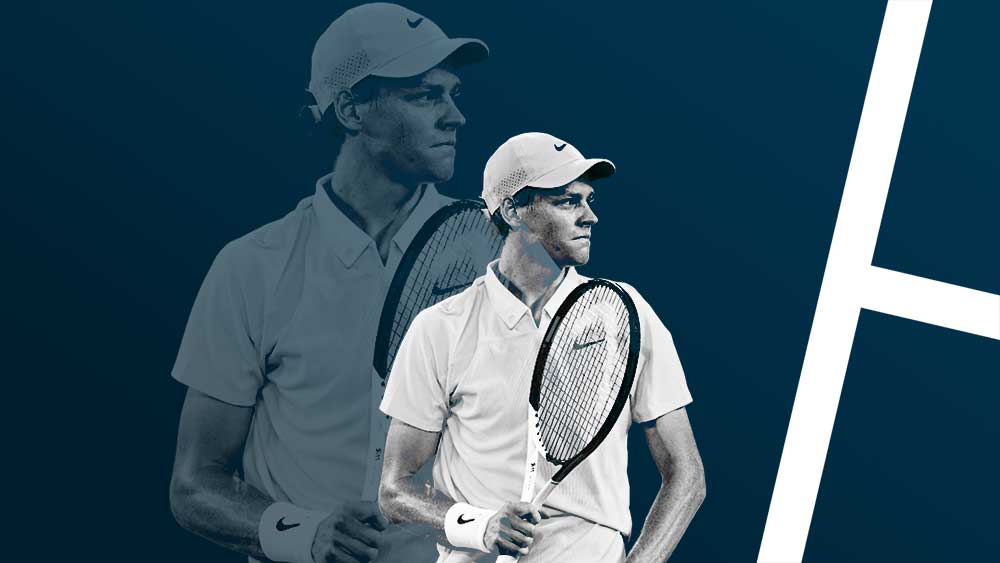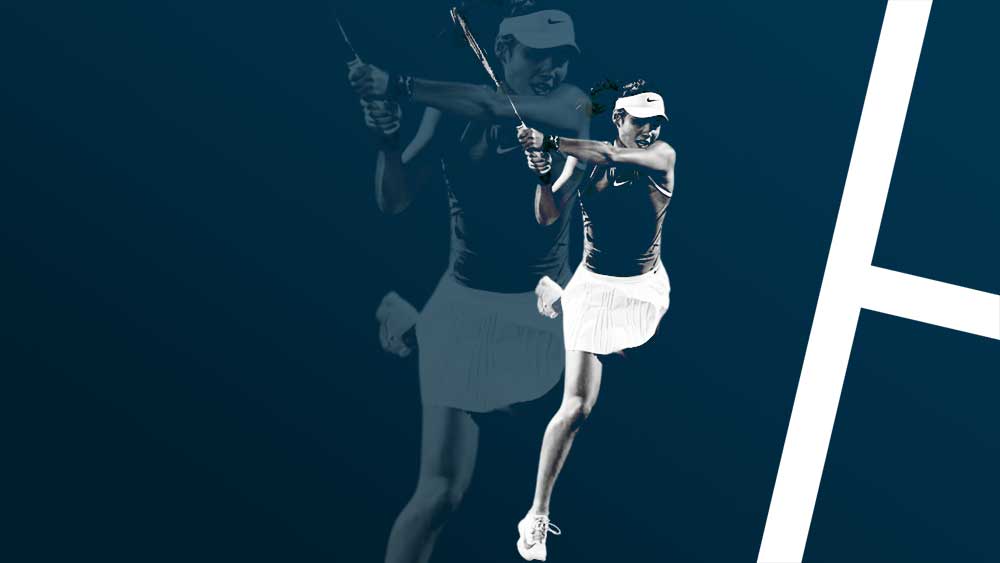The tennis world is in turmoil after Jannik Sinner, one of the sport’s rising stars, received a three-month suspension due to a doping violation. The controversy surrounding the ban has ignited a fierce debate: Was this a justified decision, or does it expose deep flaws in the anti-doping system?
The Ban and Its Restrictions
Sinner’s suspension came as a shock to fans and analysts alike. The 23-year-old Italian was found in violation of anti-doping regulations, but the specifics of his case have led to widespread scrutiny. While the World Anti-Doping Agency (WADA) ruled out intentional doping, the imposed ban still prevents him from competing, training with professionals, or accessing official facilities for the next three months.
Reactions from the Tennis Community
The ban has sparked strong opinions from fellow players and tennis legends.
Novak Djokovic expressed concerns over favoritism in anti-doping cases, emphasizing the need for transparency and fairness. He highlighted that many players feel that those with access to top-tier legal teams can influence the outcomes of doping cases, which creates an uneven playing field.
Alexander Zverev criticized the inconsistency of the ruling, arguing that either no ban should have been imposed if no wrongdoing was found, or it should have been longer if a violation was confirmed. He described the entire process as "strange and unclear."
Nick Kyrgios took a more aggressive stance, suggesting that Sinner’s team had strategically negotiated a minimal suspension to avoid missing key tournaments. He warned that such legal maneuvers could harm the credibility of the sport and called for stricter measures to ensure fairness.
Stan Wawrinka voiced his frustration with the broader anti-doping system, questioning its fairness and transparency. He advocated for clearer, more standardized rules that apply equally to all players, regardless of their status in the sport.
Marion Bartoli raised concerns about possible conflicts of interest within the ATP, pointing out that the current ATP president is Italian. She called for an independent investigation to ensure that national affiliations did not influence the decision-making process.
What Comes Next for Sinner?
Despite the setback, Sinner remains determined to return stronger than ever. His suspension means he will miss key tournaments, but his team is already preparing a comeback strategy. Meanwhile, governing bodies and tennis organizations must now face growing pressure to reform their approach to anti-doping regulations.
Lessons from the Controversy
The debate over Sinner’s case is far from over. It raises urgent questions about fairness, the role of intent in doping cases, and whether the system truly serves its purpose. One thing is certain: Tennis is at a crossroads, and this incident could be the catalyst for much-needed change.







Leave a comment
This site is protected by hCaptcha and the hCaptcha Privacy Policy and Terms of Service apply.